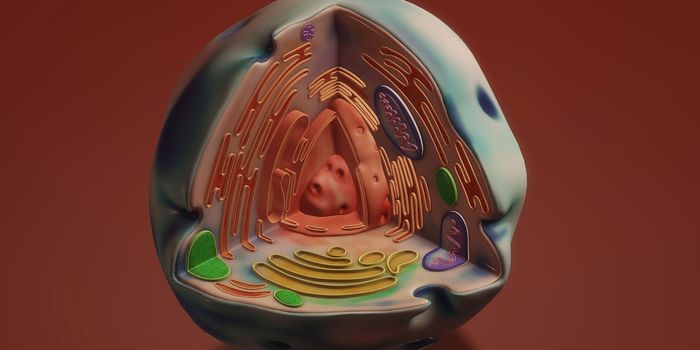Expanding the List of Genes That Cause Multiple Sclerosis
For many years, researchers have been searching for the genetic influences that affect the development of multiple sclerosis (MS). That search has proven elusive, with only about twenty percent of the likely genetic culprits identified. New work by an international team of scientists has expanded our understanding of how genes play a role in the disease. Their findings have been reported in the journal Cell.
The international consortium behind this work has already found 233 small changes in genes that can influence the risk of developing MS. To find more of those genetic variants, the scientists had to use a different approach. They've found many small genetic changes that contribute to MS, but those 'risk variants' are common. They had to cast a much wider net to identify the rare contributors that have a direct impact. To do so, they assessed data from 68,000 MS patients.
Pooling information collected in ten European countries, Australia and the US enabled such a comprehensive study. The team found four new genes that can act independently of one another to increase the risk for MS. These rare variants have a damaging effect on the gene that contains them.
"We simply would not have found them by continuing to look at common genetic variants; we had to look for rarer events, which means looking at many, many more people," explained the corresponding author of the work, Chris Cotsapas, associate professor of neurology and genetics at Yale. "These variants explain an extra five percent of risk," he added.
It’s been suggested that many common variants act together to influence disease risk in an individual, and that combination of variants may be a little different in everyone. It has also been hypothesized that some specific disease mutations are carried only in families, and until one investigates the genetics of that family, the causative gene won’t be revealed. Cotsapas, however, thinks otherwise.
"We've looked in thousands of people to test those theories, and they just aren't true," Cotsapas said. "The data don't bear them out."
The research has shown that the variants they found encode for proteins, which will make it much easier to study the effects of those changes in the laboratory. It also reveals potential new therapeutic targets for MS, said the researchers.
Multiple sclerosis is a highly variable disease, with disease severity and outcome being different for individuals. Symptoms can change and fluctuate, even within the same patient. Common symptoms include numbness or tingling, weakness, fatigue, dizziness, depression, pain, and problems in a variety of organs including the bladder and bowels.
Learn more about how genes impact autoimmune diseases like MS from the video above. In the video below, Cotsapas discusses how such genes are identified.
Sources: AAAS/Eurekalert! Via Yale University, National MS Society, Cell








